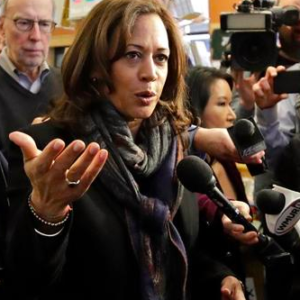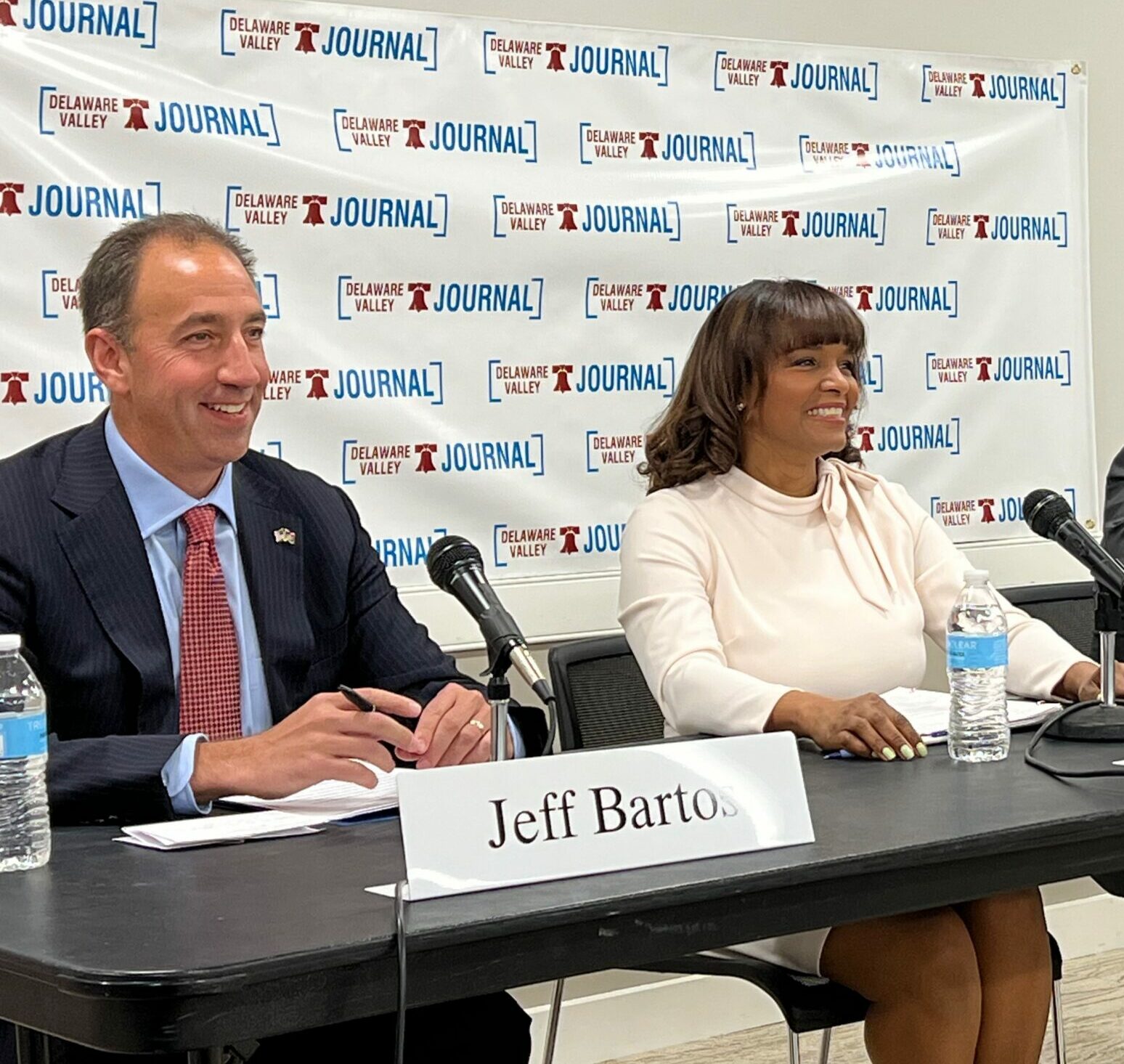It is a few days before Christmas and across the commonwealth. Pennsylvania families are busy looking for last-minute holiday gifts, planning family gatherings, and engaging in charitable efforts to help those in their communities during the holiday season. However, this season is another stark reminder that every Pennsylvanian is facing the same staggering reality: The […]










